Microelectronics has become ubiquitous and pervasive in all aspects of society. Its importance to our economy and society has become evident as global supply lines became unreliable and chips became a force to influence international politics. The Netherlands needs smaller, safer, faster and ‘cooler’ chip technologies to enhance the export position of Dutch manufacturers, decrease its dependency on foreign suppliers, enhance national security, further digitalise our society, and drive innovations in energy-efficient technologies. The Dutch microelectronics ecosystem is strong and public-private cooperations are longstanding, allowing for immediate joint programming on the Energy and Digitalisation transitions.
Programme duration: 4 years | 2024 - 2027
Problem statement
The inception of modern electronics has enabled dramatic innovations such as mobile communications, electric mobility, ubiquitous sensing, AI, big data etc. This is will only continue because societal challenges in (energy, climate, water, mobility and safety), will require breakthroughs that can only be enabled by a new generation of electronic components and systems. Innovations in microelectronic will enable further miniaturization and improve the performance and security of electronic components, making them smaller, safer, faster and cooler. This allows for the realization of complex systems with improved energy efficiency and performance.
Objective
A national consortium of microelectronics companies and research organisations aims primarily to strengthen the Microelectronics ecosystem and to enable the development of technologies critical for the energy and digitalisation transitions. Novel technologies aimed at these transitions will also impact the KIAs Health & Care, Agriculture, Water and Food, and Mobility (security is included in the Digitalisation transition). From an innovation perspective, one of the main aims is to align research and innovation agendas nationally as to create the highest synergy and strong clusters of companies that that compete with the US and China.
Approach
Chip design companies and research organisations in the Netherlands have a long-standing tradition collaborating within funded PPP projects, exchanges of bachelor and master students as well as contract research projects for industry. Through this longstanding tradition, students and PhDs find their way directly into industry, strengthening the ties between organisations further.
Applicant
Programme consortium
TNO | TU Delft | TU Eindhoven | University of Twente | NWO-I ASTRON
Urgent transitions
Key enabling technologies
Energy transition
Digitalisation & Smart Industry
Knowledge and Innovation Agendas (KIAs)
KIA Key Enabling Technologies
KIA Klimaat en Energie
KIA Health & Care
KIA Circulaire Economie
KIA Security
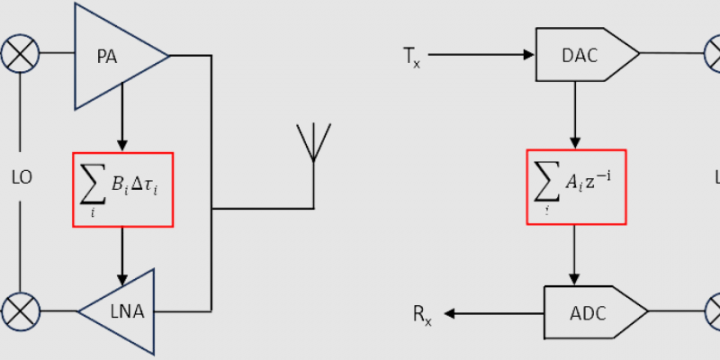
Wide-Band High Dynamic Range Full Duplex RF-to-digital converter in advanced CMOS technology

Digital tRAnSmiTter IC V2b
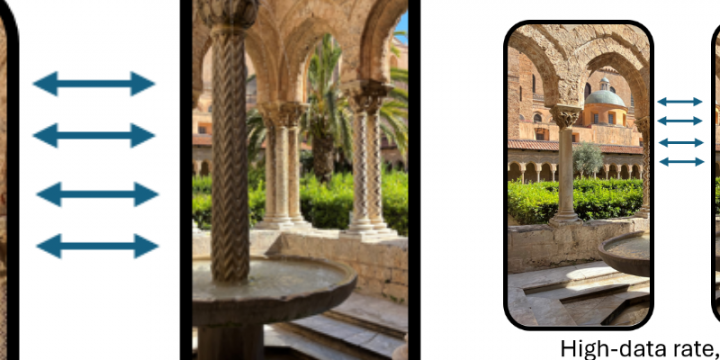
Future Wireless Interfaces: Technology and Circuit exploration
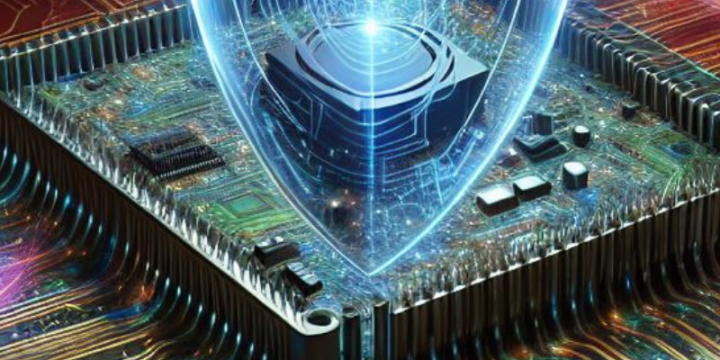
Highly-Accurate, Robust and Dynamic WIdeband REceiver Development
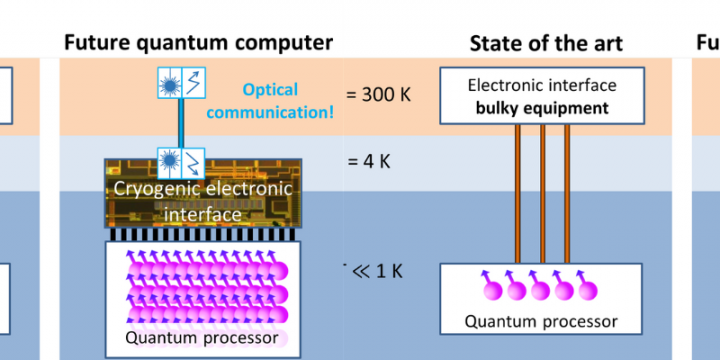
Cryo optical communication
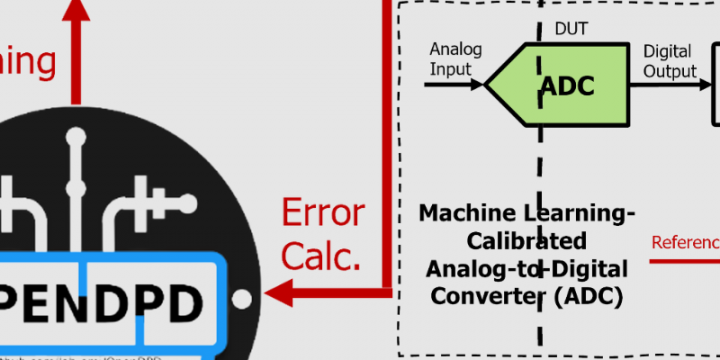
Machine Learning Calibrated ADC
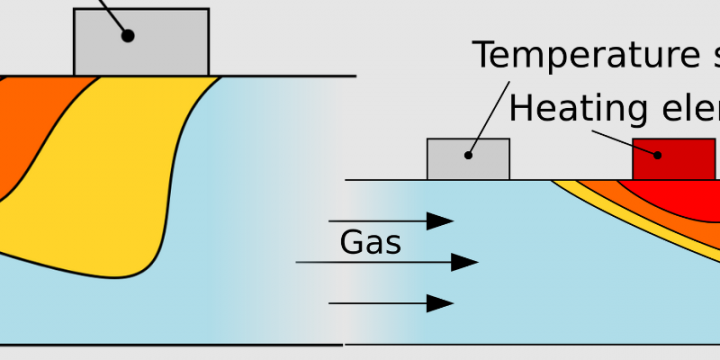
Flow sensing with Thermal Sigma-Delta Modulators
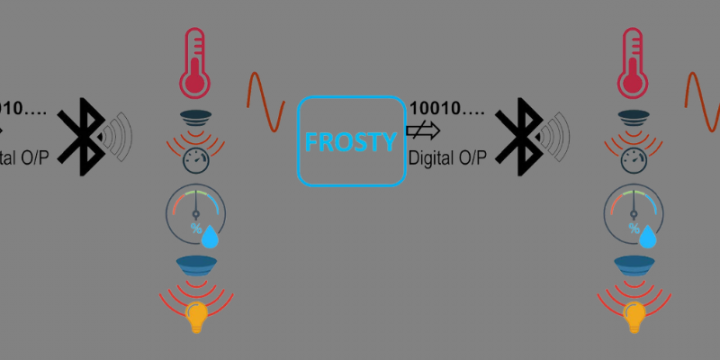
Flexible sensor front-end circuits with ultra-low energy consumption
Programmes and projects
Holland High Tech supports programmes and projects in the sector High Tech Systems and Materials. Carried out in close collaboration between public and private partners within the mission-driven and innovation policy. Here is an overview funded R&D programmes and projects by Holland High Tech.


